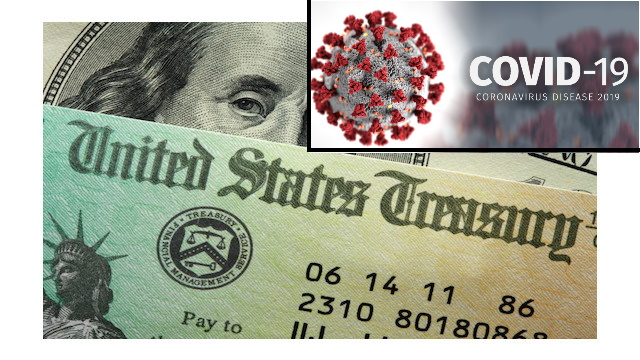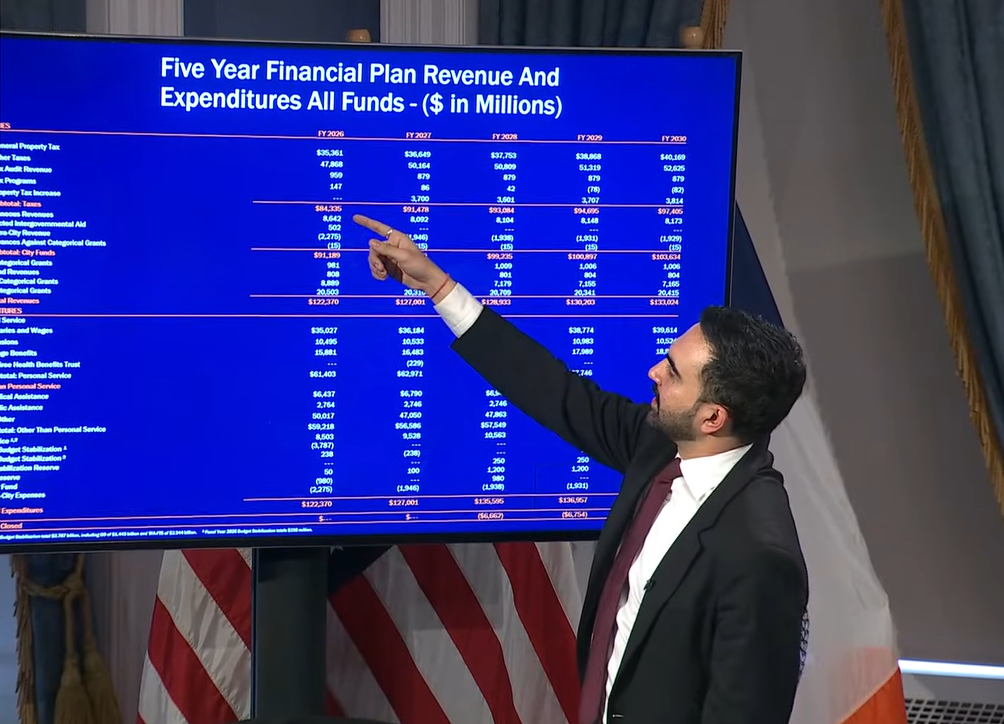Updated: Dec. 24, 10:39pm, EST.
For the latest on the new Cororavirus stimulus payments and other economic stimulus aspects of the law, visit our Covid-19 News page:
https://www.cpapracticeadvisor.com/covid-19
=====
The Senate, House and President Trump are currently discussing changes to the amount of stimulus payments, but they will be at least $600 per taxpayer. If the President signs the bill, most American taxpayers will start to receive payments in the first week of January 2021.
=====
The Senate Monday night passed a giant year-end spending bill combining $900 billion in Covid-19 relief aid with $1.4 trillion in regular government funding and a bevy of tax breaks for businesses. The House passed the combined bill earlier, and the legislation now will go to President Donald Trump, who aides said would sign it when it arrives at the White House this week. The House and Senate also cleared a seven-day stopgap funding bill to avert a partial government shutdown while the broader legislation is prepared for the president.
The bill, which totals more than $2.3 trillion, contains the second-largest economic relief measure in U.S. history — after the $1.8 trillion Cares Act passed in March as the pandemic throttled the world’s biggest economy. Economists say the aid should be enough to avert a double-dip recession next year, though risks remain.
“This latest fiscal rescue package will add approximately 1.5 percentage points to annualized real GDP growth in the first quarter of 2021 and close to 2.5 percentage points to calendar-year 2021 growth,” said Mark Zandi, of Moody’s Analytics. “If lawmakers had not come through, the economy probably would have suffered a double-dip recession in early 2021.”
The legislation would provide direct payments of $600 to most Americans and their children. Those with incomes of more than $100,000 would be excluded, as would undocumented immigrants. The payments will go out as soon as next week, Treasury Secretary Steven Mnuchin said Monday.
For the unemployed, a $300-per-week in enhanced unemployment benefits will be put in effect through March. Unemployment insurance programs for gig workers and the long-term unemployed also would be extended. There’s $284 billion for the Paycheck Protection Program that provides forgivable loans to small businesses. Companies that previously had a PPP loan can qualify for a new one, and their PPP grants would be made tax deductible.
The package includes money for transportation — including for $15 billion for airlines — vaccine distribution, schools and universities, farmers and food aid.
The relief plan is attached to a $1.4 trillion bill that would fund the federal government through the end of the fiscal year on Sept. 30, 2021. That bill adheres to budget caps set in place during the 2019-debt ceiling fight, including by keeping $12.5 billion in veterans health spending under the cap — something that cropped up as a last-minute fight. The bill has $1.4 billion for Trump’s border wall and related spending, although the incoming Biden administration could stop construction.
The bill also includes an extension of tax breaks — for the alcohol and renewable-energy industries, among others — a law to curb surprise medical bills, a water-infrastructure measure and an intelligence-agency policy bill, among its provisions.
The haggling over the relief package forced Congress to repeatedly pass temporary funding for government operations. Late Sunday, Trump signed a one-day extension of government funding, giving lawmakers time for votes on Monday.
While the bill clears the decks for the incoming Biden administration by wrapping up the fiscal 2021 budget process, it leaves Democrats ready to push for more stimulus after the Jan. 20 inauguration. Many of the aid provisions will expire in the first quarter of next year, so additional relief could be needed by March
House Speaker Nancy Pelosi and Senate Democratic leader Chuck Schumer said that the $900 billion relief bill is just a first step, and vowed to make another package the top priority in the new Congress. That effort is likely to include a push for infrastructure spending, which has bipartisan appeal, but is already facing skepticism from Republicans, with Mnuchin saying Monday that this week’s measure is likely the last aid bill needed to address the pandemic.
Critical to the outlook will be whether Democrats manage to win the two Georgia runoff elections for the Senate on Jan. 5 — giving them control of both chambers of Congress.
“I think we are going to have a much easier time than we had with a Republican president and a Republican Senate” said Pelosi.
However, even if Democrats defeat the two Republican incumbents in Georgia, Senators David Perdue and Kelly Loeffler, the Senate would be split 50-50 between Democrats and Republicans and Vice President-elect Kamala Harris would cast a tie-breaking vote. Meanwhile, because of Democratic losses in the November election, Pelosi will be working with a narrower majority.
— With assistance by Olivia Rockeman, Steven T. Dennis, and Laura Davison.
=========
©2020 Bloomberg News – Visit Bloomberg News at www.bloomberg.com – Distributed by Tribune Content Agency, LLC.
Thanks for reading CPA Practice Advisor!
Subscribe Already registered? Log In
Need more information? Read the FAQs
Tags: Accounting, Benefits, Income Taxes




